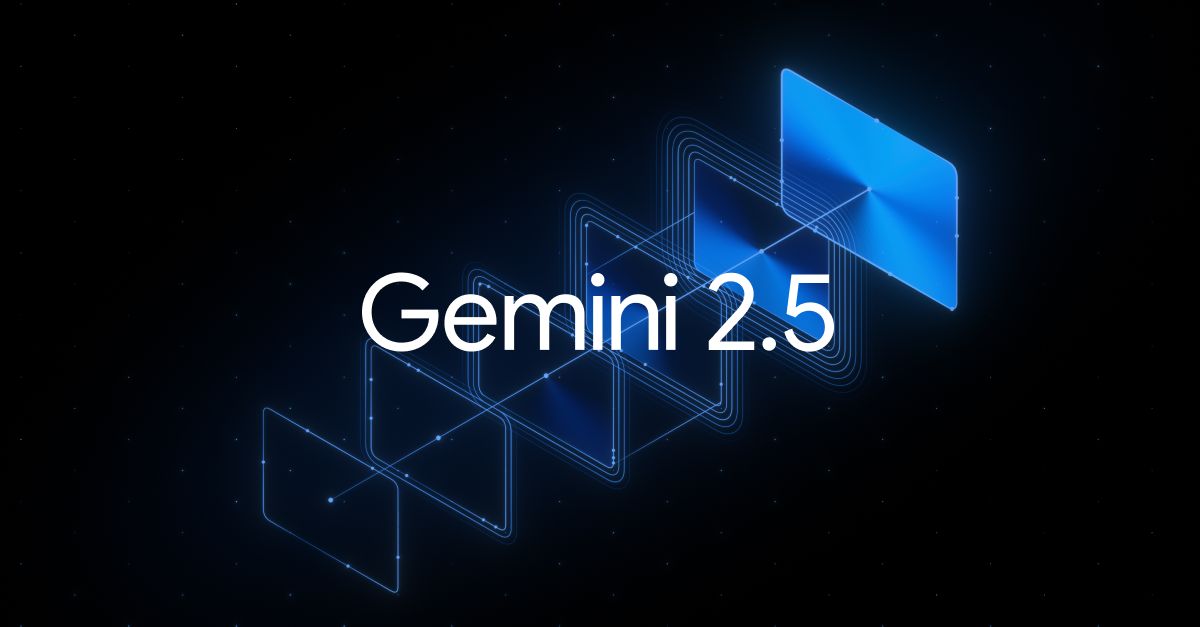A Revolution in Artificial Reasoning
Google DeepMind has officially released Gemini 2.5 Deep Think, presenting it as their most advanced artificial intelligence model for complex reasoning. This innovative technology represents a significant qualitative leap in the AI landscape, introducing a completely new approach based on multi-agent systems operating simultaneously.
The model will be available to subscribers of Google's Ultra plan, valued at $250 monthly, through the Gemini application starting Friday. This strategic move places the new system among premium market solutions, highlighting the computational complexity required for its operation.
How Multi-Agent Systems Work
The distinctive feature of Gemini 2.5 Deep Think lies in its multi-agent architecture, a technology that was previewed during last May's Google I/O conference. This innovative system creates multiple artificial intelligence entities that simultaneously tackle the same problem from different perspectives.
The parallel processing requires considerably more computational resources compared to traditional single-agent models, but this additional complexity translates into higher quality responses and deeper reasoning. Agents explore different solutions simultaneously, evaluate available options, and select the most appropriate answer through an intelligent synthesis process.
Exceptional Performance in Benchmark Tests
The capabilities of Gemini 2.5 Deep Think have been validated through rigorous performance tests that highlighted extraordinary results. In the prestigious "Humanity's Last Exam" (HLE) test, the model achieved a score of 34.8%, significantly surpassing competitors:
- xAI's Grok 4: 25.4%
- OpenAI's o3: 20.3%
Equally impressive results emerged from LiveCodeBench 6, a challenging test evaluating competitive programming skills. Gemini 2.5 Deep Think reached 87.6%, again distancing the competition:
- Grok 4: 79%
- OpenAI's o3: 72%
Success at the International Mathematical Olympiad
A particularly significant milestone was achieving the gold medal at this year's International Mathematical Olympiad (IMO), using a specialized variant of Gemini 2.5 Deep Think. This result underscores the system's ability to tackle complex mathematical problems requiring advanced reasoning and creativity.
Google announced it will make this specialized version of the model available to a selected group of mathematicians and academics. Unlike consumer versions that operate in seconds or minutes, this research-dedicated model can take hours to elaborate solutions, allowing extremely thorough analysis of the most complex problems.
Innovations in Reinforcement Learning
The development of Gemini 2.5 Deep Think involved implementing innovative reinforcement learning techniques, specifically designed to optimize the model's use of reasoning paths. These improvements represent a substantial evolution from the version initially presented during Google I/O.
"Deep Think can help people tackle problems that require creativity, strategic planning, and step-by-step improvements."
Google DeepMind
Convergence Toward Multi-Agent Systems
The artificial intelligence industry appears to be converging toward adopting multi-agent systems as the standard for advanced reasoning. This trend is confirmed by similar developments at other leading research laboratories:
- Elon Musk's xAI recently released Grok 4 Heavy, also based on multi-agent architecture
- OpenAI used a multi-agent system for its winning model at the Mathematical Olympiad
- Anthropic's research agent employs multi-agent technologies to generate thorough analyses
Economic Challenges and Accessibility
Despite superior performance, multi-agent systems present significantly higher operational costs compared to traditional models. This economic complexity pushes technology companies to position these tools in the most expensive subscription plans, a strategy adopted by both xAI and Google.
In the coming weeks, Google plans to extend access to Gemini 2.5 Deep Think through Gemini APIs to a selected group of developers and companies, aiming to better understand potential applications of the multi-agent system in professional and research contexts.
